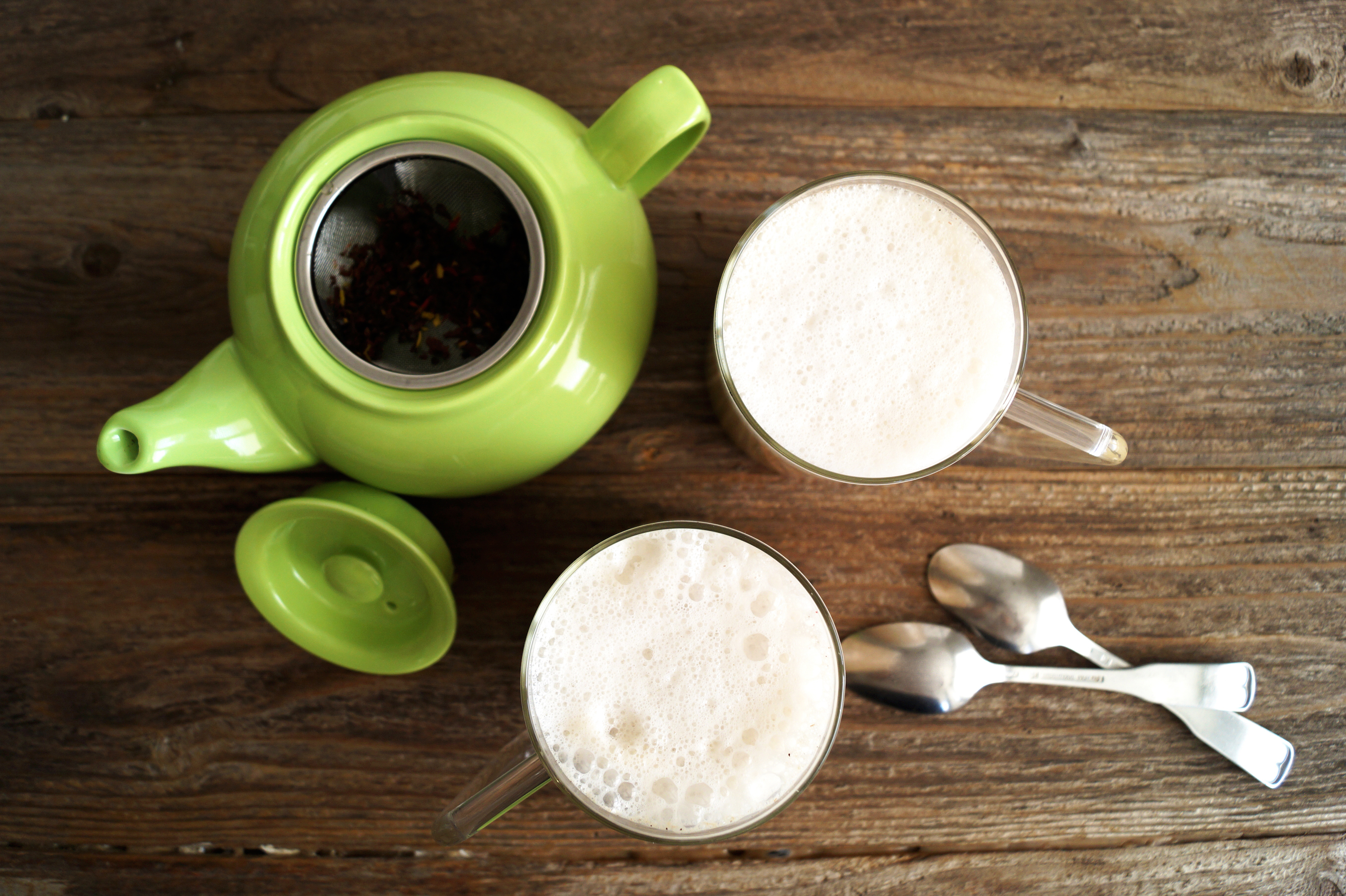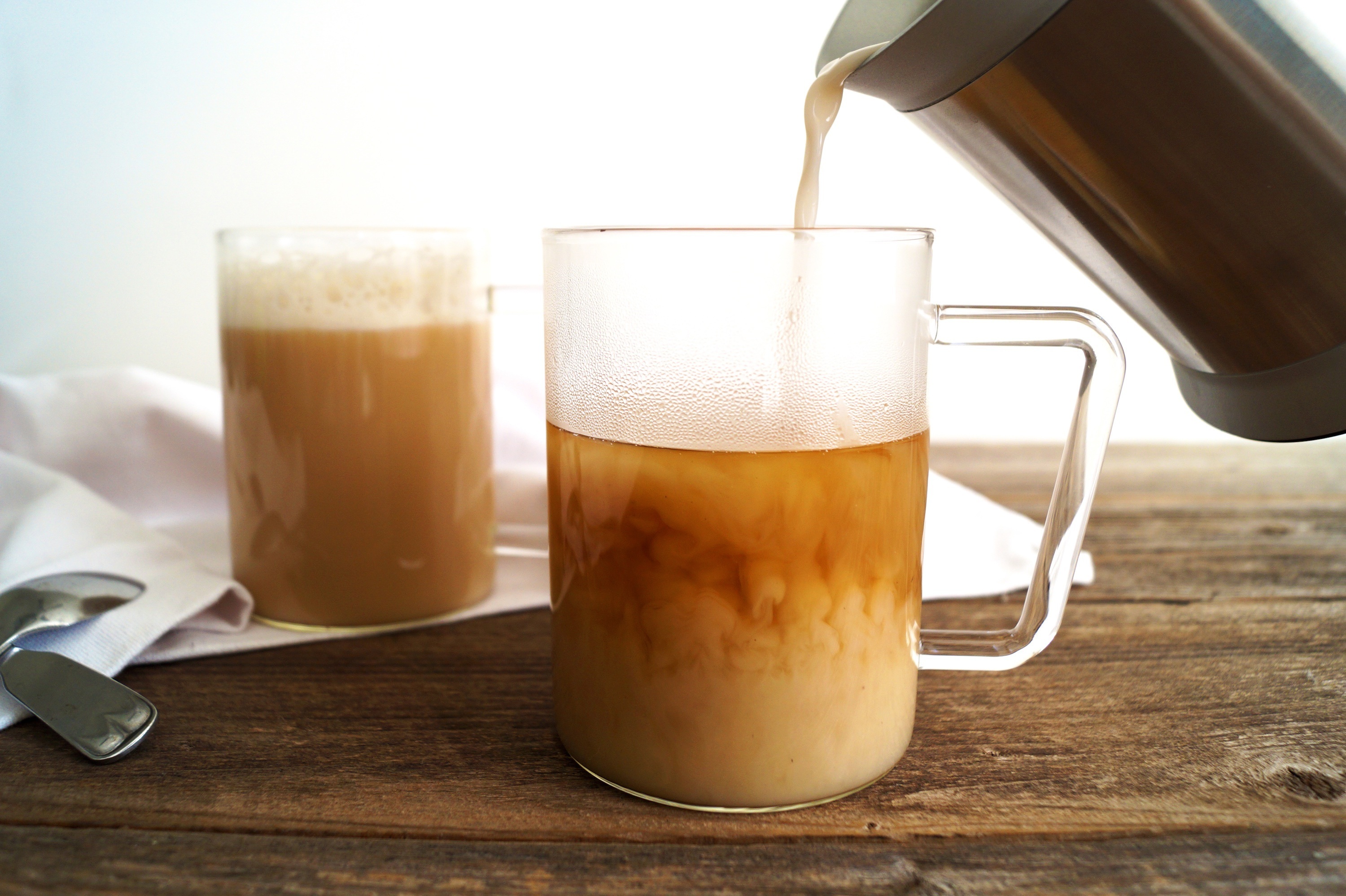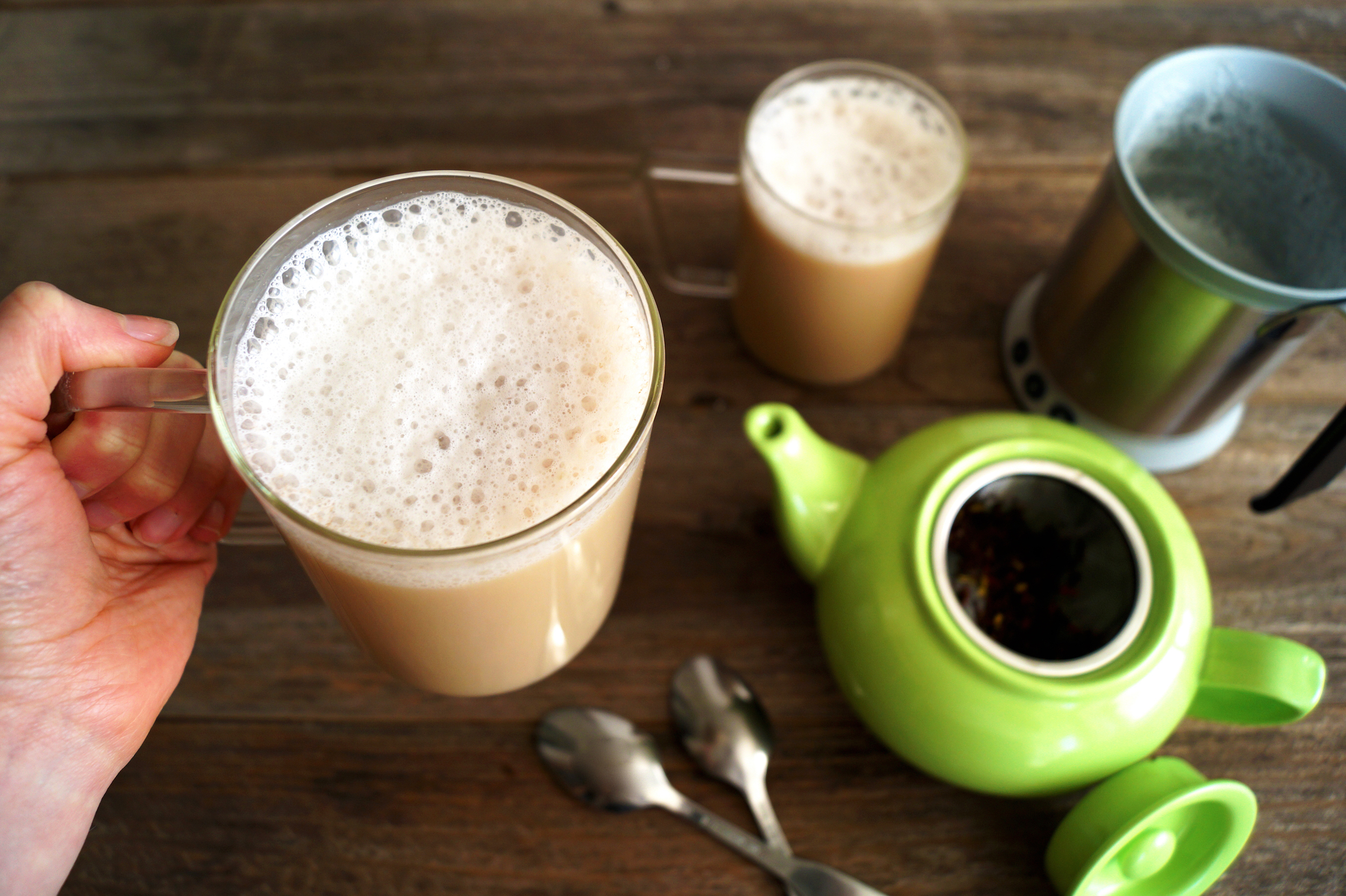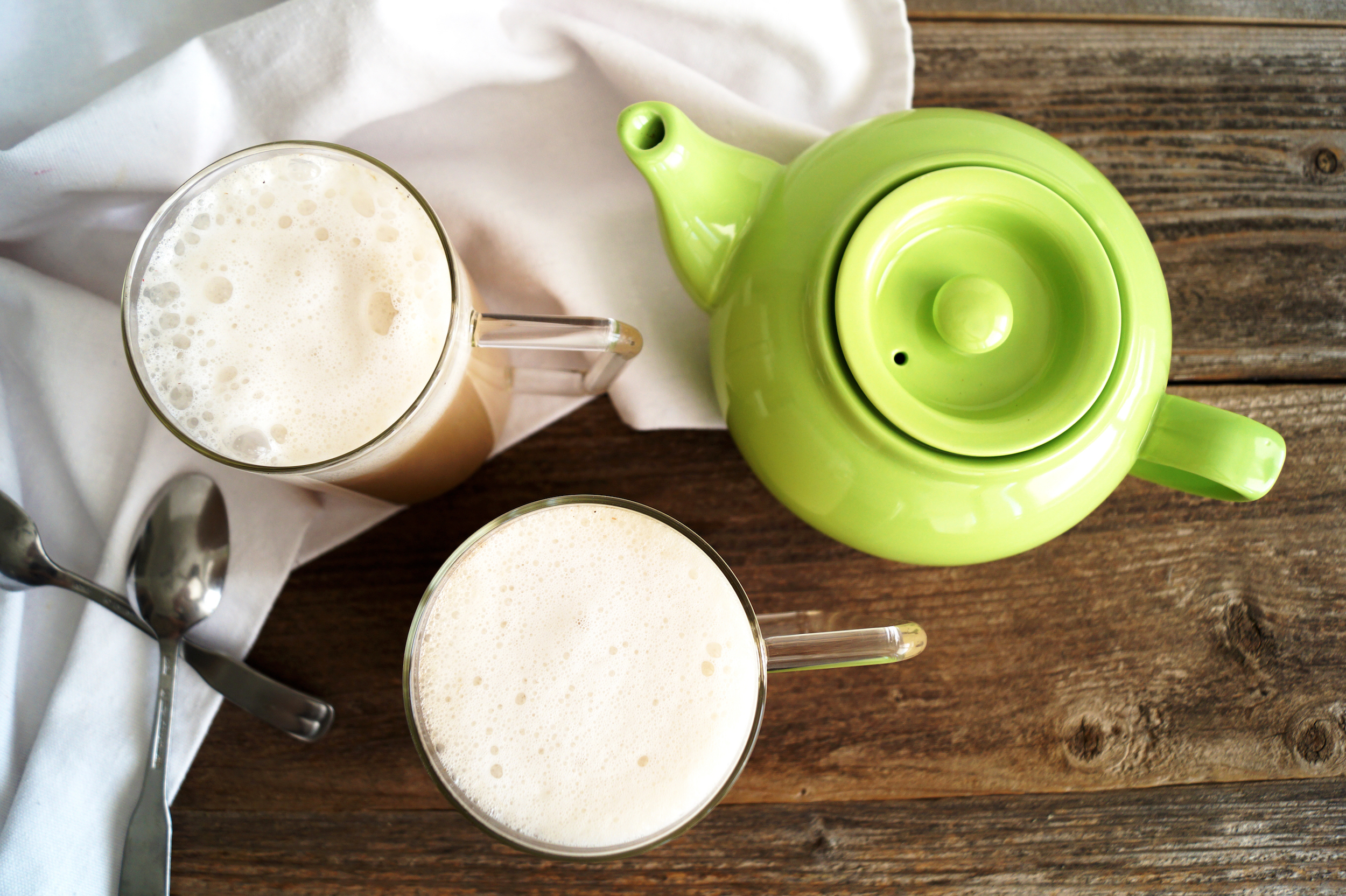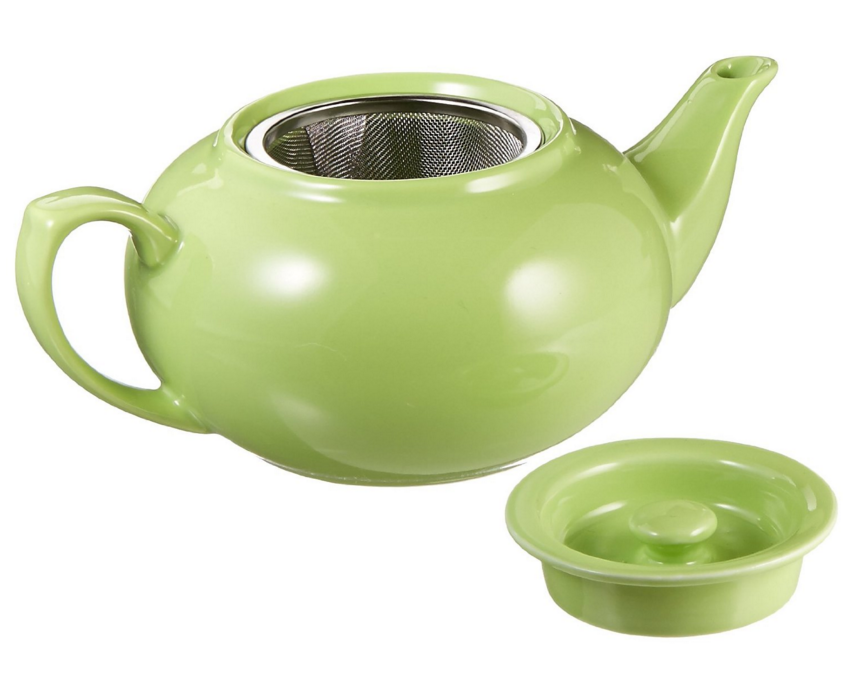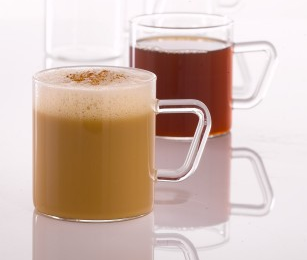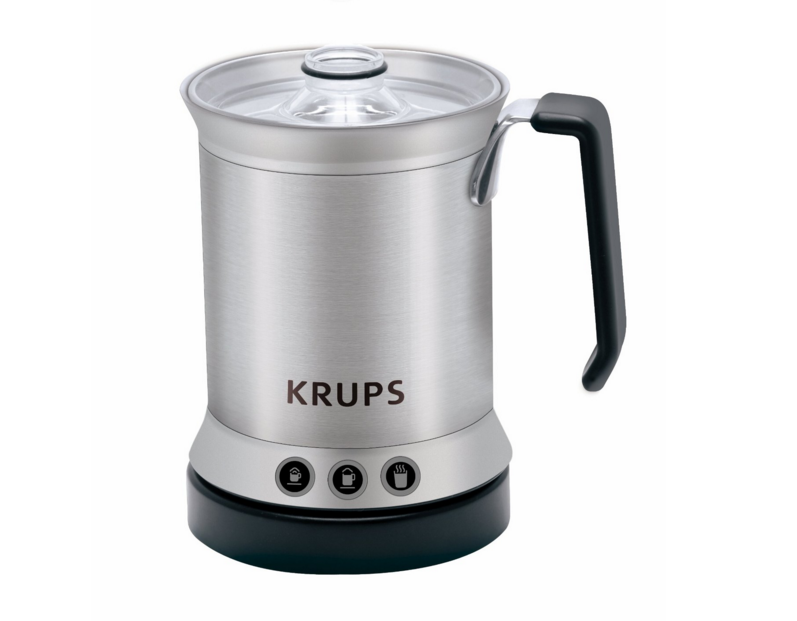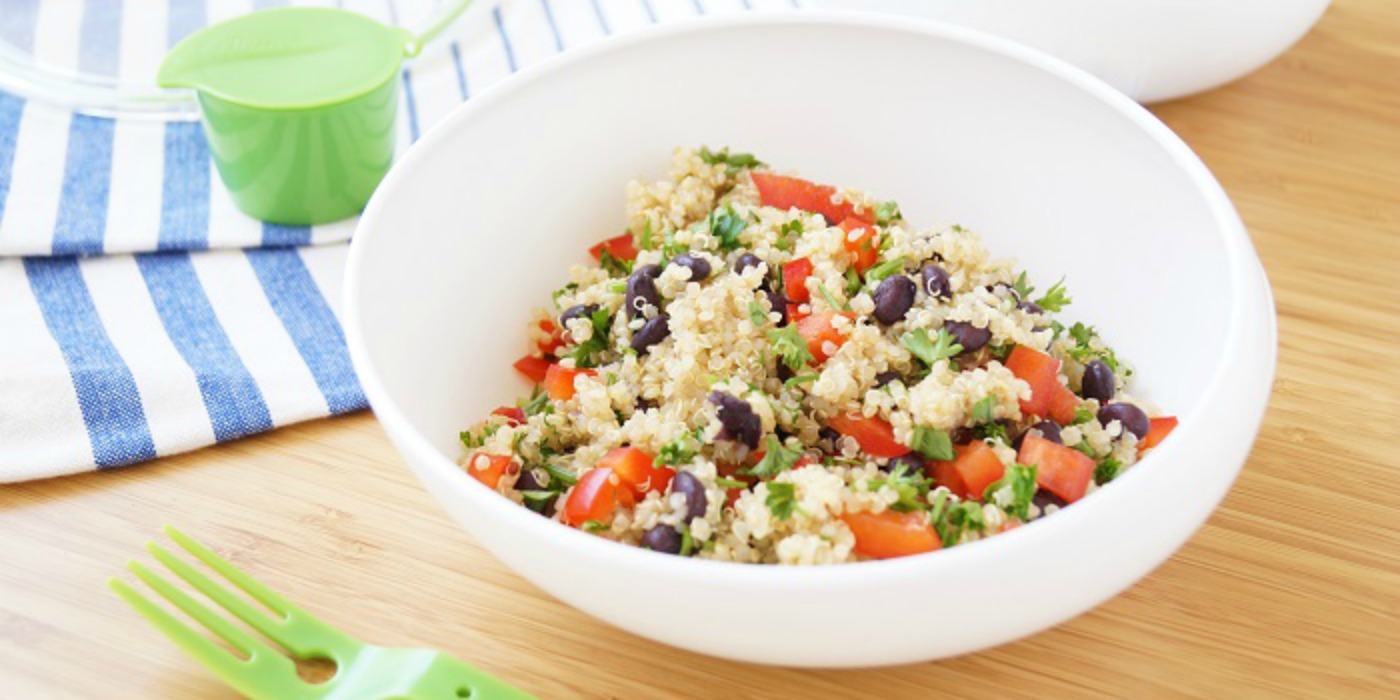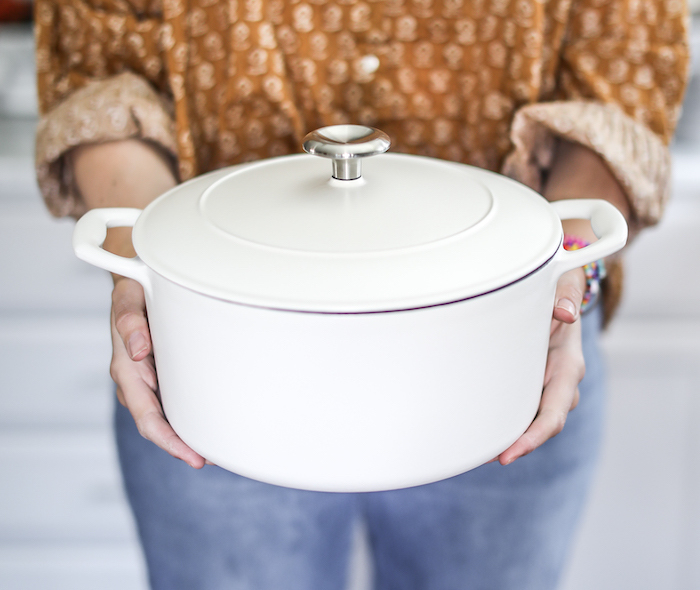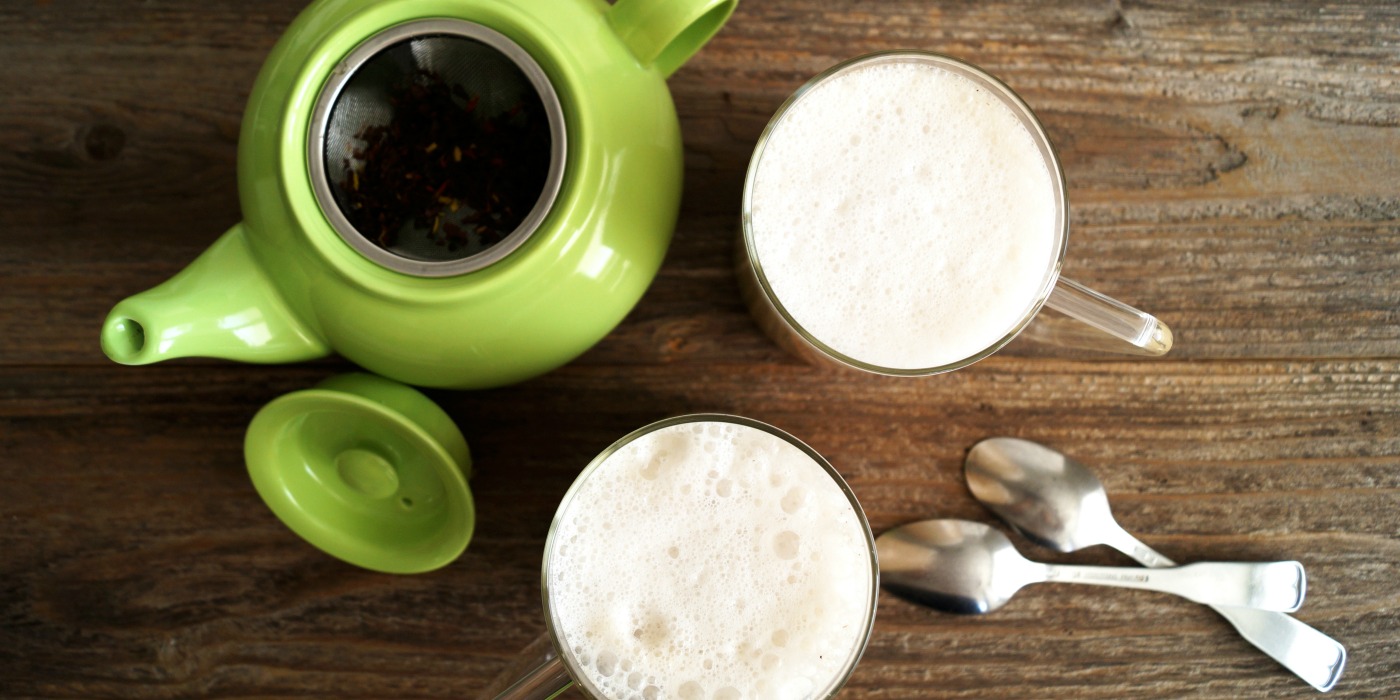
Tea is considered to be the most popular and widely consumed hot beverage in the world. While tea has been around for thousands of years it is recently enjoying a resurgence in popularity thanks to the many varieties that are easily available and a better understanding of the potential health benefits from drinking tea daily.
Types of Tea:
1. True Tea
Consists of black, white, green and oolong tea. All of these teas contain caffeine. On average one 8-ounce cup of black tea contains 14 — 70 milligrams of caffeine, compared to coffee containing 95 — 200 milligrams per 1 cup.
Black, white, green and oolong teas are packed with antioxidants. An antioxidant rich diet (in additional to an overall healthy lifestyle) has been associated with a reduced risk of heart disease, a variety of cancers and many other chronic diet-related diseases. The antioxidants in green tea specifically are believed to assist the body in burning fat as fuel, which might increase our metabolism and muscle elasticity.
2. Herbal Teas
Generally made from the leaves, roots and bark of plants (these parts are not easily edible) and therefore the health benefits are varied. Steeped in hot water you can extract a more digestible form of their crucial nutrients. One key element that almost all herbal teas share is that they contain no caffeine, so feel free to go for a 2nd or 3rd cup! Some of my favorite herbal teas include: peppermint to improve digestion, chamomile for relaxation and dandelion root, which has been shown to help our body naturally cleanse and detoxify.
3. Yerba Mate
Made from the leaves of the yerba mate tree and does not neatly fit in the category of a true tea or herbal tea. Yerba Mate contains caffeine and antioxidants like traditional teas in addition to 24 vitamins and minerals and 15 amino acids. Yerba Mate has been used for generations as an herbal medicine believed to help with issues such as allergies, digestion and fatigue.
London Fog
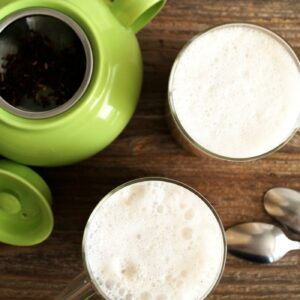
INGREDIENTS
- 8-ounces of boiling water
- 2 Earl Grey tea bag - or - 2 teaspoon of loose leaf Earl Grey tea
- 12-ounces of unsweetened almond milk
- 1/2 teaspoon of vanilla extract one vanilla pod
INSTRUCTIONS
- Pour boiling water of 2 tea bags.
- Cover and let steep for 5 minutes.
- Meanwhile, warm and froth your milk and using the "cafe latte" setting on your milk frother. This will give you around 80% warm milk and 20% foam, perfect for a silky London Fog!
- Add steeped tea to your tea mugs, about halfway up.
- Add a 1/4 teaspoon of vanilla extract to each mug.
- Finally, add the warmed and frothed almond milk to your mugs and enjoy!
- This beverage is best enjoyed with a crunchy biscotti and a good book!


